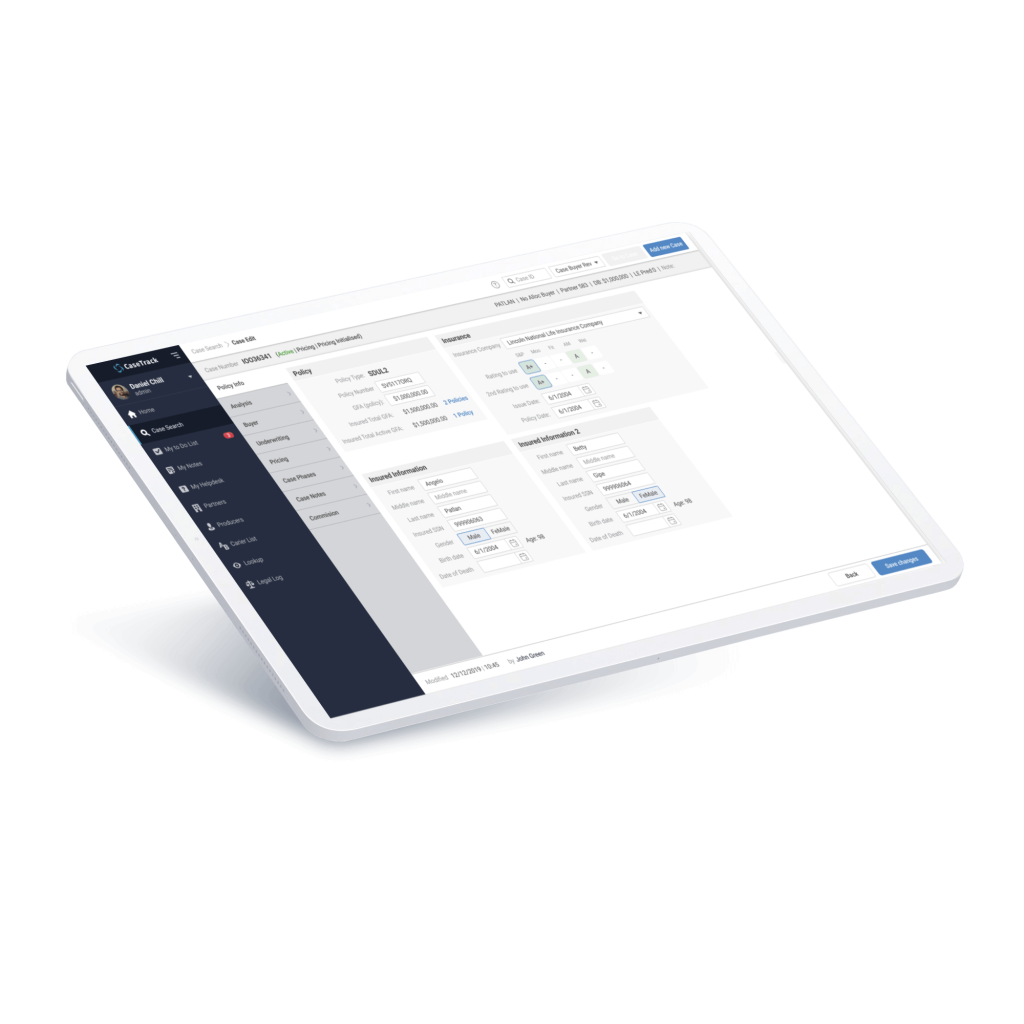Testing your network, infrastructure and software systems is crucial
Are your defences sufficient? Only thorough, frequent testing will tell because of the cyber-attack landscape shifts rapidly. Understanding the difference between penetration testing vs vulnerability scanning is, however, essential.
Yes, data breaches can be the work of insiders, but breaches are frequently the result of network penetration. Rogue actors that gain access to your network rarely leave without causing vast damage. According to a 2018 study by the Ponemon Institute, published by IBM, the average cost of a data breach runs to $3.86 million with “mega breaches” costing as much as $350 million.
Maintaining the security of your network, infrastructure and software (web, desktop and mobile) requires a complex, ongoing process of closing vulnerabilities via firewalls, end-point security, and software patches. The sheer number of attack vectors makes it difficult to consistently eliminate all vulnerabilities.
The role of vulnerability scanning
Vulnerability scanning involves an automated tool allowing you to discover defence holes and weaknesses, revealing where your security practices come up short. Vulnerability scanning software probes your entire software system, network ports and services to detect security glitches and to highlight outdated firmware and software.
This broad approach systematically probes your entire software infrastructure at a regular interval. It is similar to the way in which automated hacking tools probe your network, but with the goal of flagging to remedy any security vulnerabilities.
Where penetration testing differs
Penetration testing takes a manual approach. It involves a security specialist with an expert view, that of the determined attacker. Penetration testing is labour-intensive and time-consuming, but it can detect complex, interlocking vulnerabilities which an automated tool simply cannot. Penetration testers will often use a vulnerability assessment as a mere starting point.
Many security breaches are the result of painstaking attacks, with hackers exploiting systemic security weak points. A penetration test will focus on the areas of your enterprise systems that offer the most lucrative payoff for hackers, and work to determine weaknesses in the associated security defences.
Penetration testing vs vulnerability scanning: which one fits you better?
In short, both. Regular vulnerability scanning is not expensive to perform and will quickly detect common security holes. Vulnerability scanning will be particularly good at detecting security issues that can be exploited by automated hacking tools. Deploy an automated vulnerability testing tool, and you should be able to prevent simple, automated attacks.
Automated vulnerability testing cannot foresee complex attack strategies. That’s why enterprises employ skilled penetration testers to think like hackers and to find systemic, hidden vulnerabilities.
For example, can a sustained DDoS attack on your firewall appliance cause a breakdown in your network security? Penetration testing will highlight these risks and provide a roadmap to improve your security. However, penetration testing is a resource-intensive process and carries the risk of downtime. Penetration testing is therefore typically only performed at annual or quarterly intervals. In the meantime, you can benefit from ongoing, automated vulnerability scanning.
Taking a broad view of your defence
Effective enterprise security is not a box-ticking affair. Yes, vulnerability scans will highlight obvious issues, and penetration testing will deliver actionable insight. But your organisation requires a holistic approach to security, deploying the deep insight of security experts.
"There is a business in security, and there is a business in cybercrime as well. It doesn’t matter whether you have something “interesting” inside your network or not. It mostly about with whom you are connected/integrated", comments Iurii Garasym, the Director of Corporate Security at ELEKS.
"The frequency of supply chain attacks is increasing with all stakeholders becoming potential targets. Big companies start understanding the risk. That’s why they conduct vendor risk assessments, due diligence, arrange 3rd party audits, testing etc. When all this needs to be done - this is the biggest question."
Vulnerability management as a process is well established in many companies. You invest in technology, deploy it to scan your systems, configure, tune, constantly reduce false positive. It’s an ongoing day-to-day process. It’s not intrusive; you use the set of indicators/mechanisms to highlight known vulnerabilities and suggest the corresponding remediation. No context, like network architecture, segmentation, firewall configuration etc., is considered.
With a penetration test, you validate the vectors of attacks. It's an aggressive type of security testing. Usually, the scope of the penetration test is narrow, focused on critical/important systems and conducted on a yearly basis.
And undoubtedly both work together to encourage optimal corporate security, help to comply with PCI DSS, HIPAA, ISO 27001 and SOC2 demonstrate for your customers, partners, board 3rd party opinion on the effectiveness of security controls you have in place.
Our security expertise is broad and deep, evolving with the changing threat landscape. Whether you require vulnerability assessment and penetration testing, incident response, or strategic security advice, we can assist.
To guard against unknown emerging threats get in touch with the security experts at ELEKS.
Related Insights

















